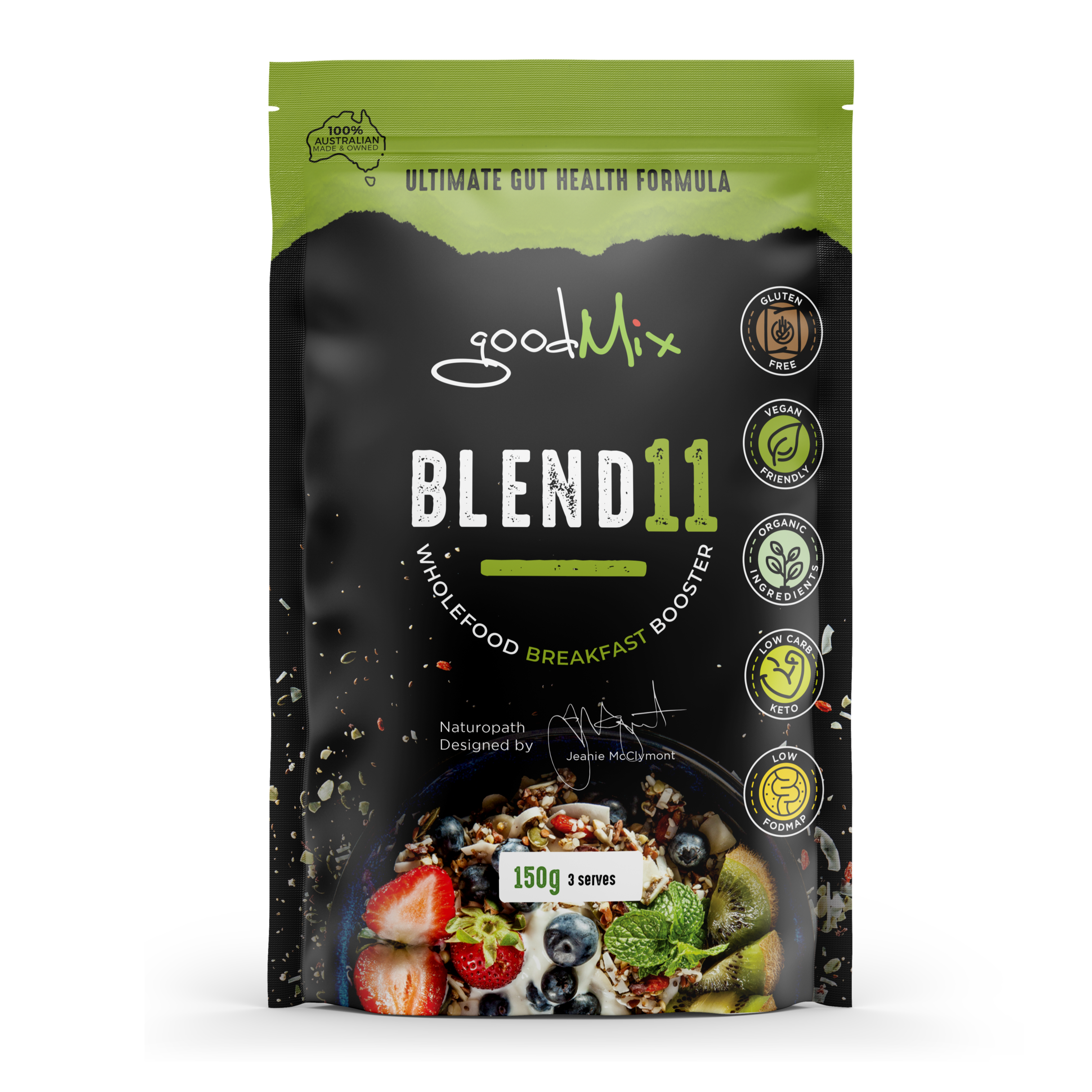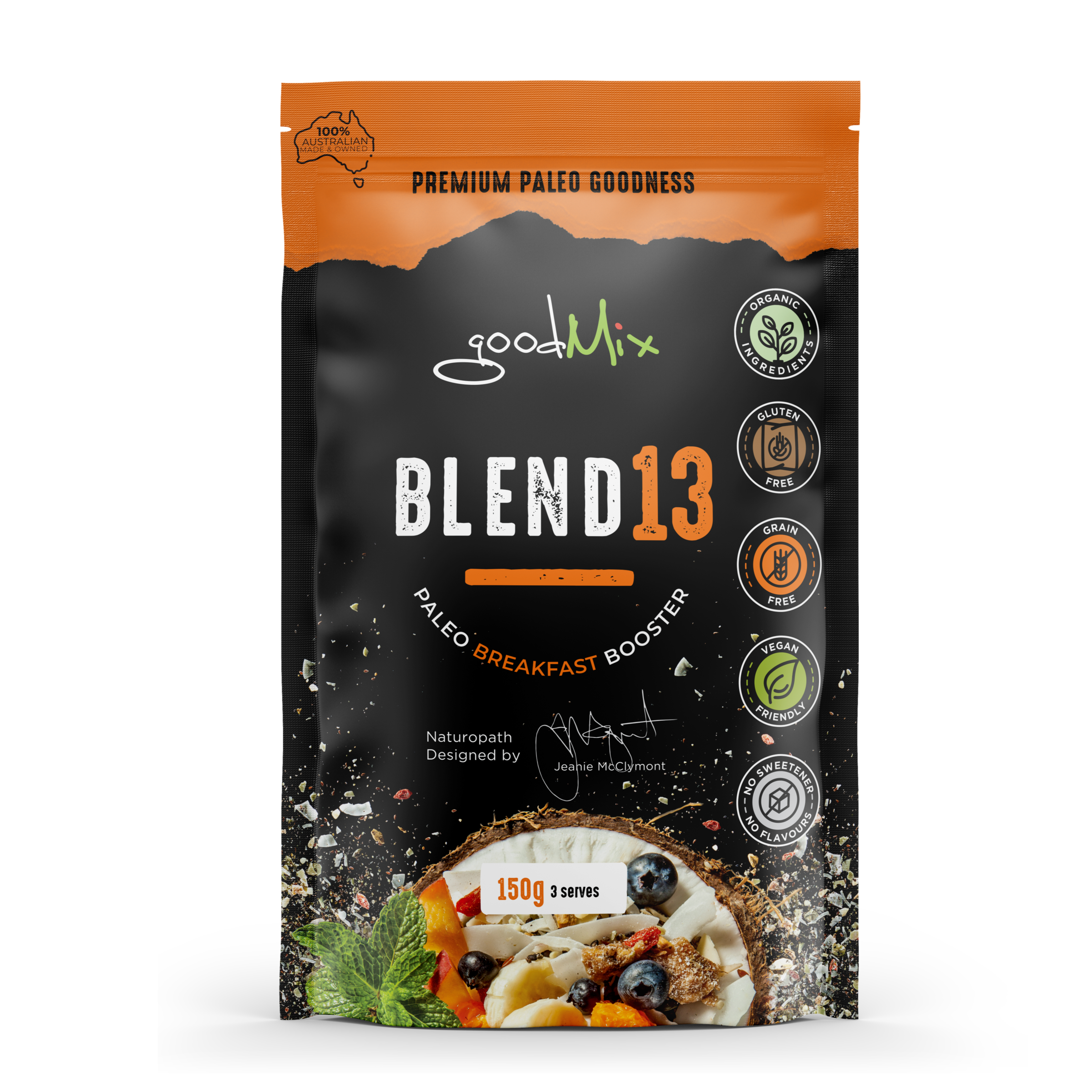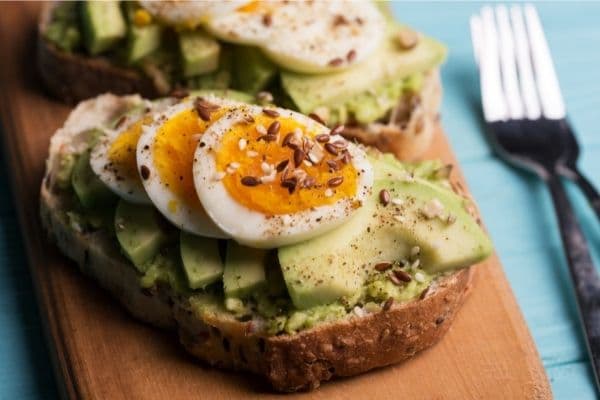
Menopausal Weight Gain: What's Happening & How To Avoid It
As a 42 year old female, I’m getting to the end of my reproductive years & will soon be entering the realm of menopause. Well perimenopause first, which is the 2-10years of hormonal changes leading into menopause (when we officially stop cycling). For years I’ve been hearing horror stories from women hitting this phase of life with no real warning or preparation, some having an extremely difficult time, both physically & emotionally. So, as it’s starting to come into my awareness really strongly now, I thought I’d share some of the naturopathic strategies I’ll be using to (hopefully) come out the other end of this decade in great shape! That’s the plan, I know it’s not always the case, but education & preparation are super helpful when going through these life ‘transitions’, & prep needs to start late 30’s - early 40’s - the earlier the better!
Looking after yourself during the perimenopausal years can set you up for a healthy & happy post-reproductive life, or it can be a really tough time that leads to all kinds of health risks in later life (think diabetes, cardiovascular disease, cancer , dementia & auto immune issues). So read on if you’re in the 35-45 age group & want to use this time to get healthier - or at least understand what the heck is happening! I’m going to focus mainly on the metabolic impact of perimenopause, which drives the typical (but not inevitable) 40+ abdominal weight gain (& leads to all the other risk factors).
Female Hormones & Metabolism
As menstruating females, our metabolism is heavily influenced by our hormones. When we experience a change in hormone levels, we’ll often notice metabolic changes too. As an example, many women feel a big increase in appetite during the week prior to a period. This is normal - our basal metabolic rate actually follows the period chart quite closely, it’s at its fastest just before we start to bleed (when our uterine lining is at its thickest), & then slows down sharply when we begin to shed it (we’re no longer building that endometrium lining in preparation for a pregnancy, so less calories are required, as shedding the lining is metabolically less demanding than building it). Progesterone also peaks just pre period, & it is an appetite stimulant. So, if you’ve been beating yourself up for eating so much pre period, don’t - it’s totally normal & there are physiological reasons driving it. Just anticipate & accept it as part of your normal cycle, & make sure you have the fridge & pantry well stocked with nourishing wholefood that is high in protein, with lots of good fats & fibre (to keep your blood sugars level & make you feel full & satisfied). If you snack on refined carbs / sugar, you’ll likely just keep eating & eating!
What happens metabolically when our monthly cycle changes? Why do so many women gain weight during perimenopause? How can we prevent it? And all the other side effects?
Everyone is different, but perimenopause involves a roller coaster ride of sky high & low levels of oestrogen (alongside gradually declining progesterone). This can cause heavier periods / flooding, mood swings, insomnia & night sweats. Be prepared for something like a second puberty! We may still be having a regular monthly bleed, just with ovulation occurring less consistently (so our hormone fluctuations are different to when we were cycling regularly). No ovulation means no corpus luteum (the leftover bit after an egg is released) & therefore no progesterone. So we have high oestrogen, with low progesterone. This can also mean higher histamine levels (oestrogen & histamine have a relationship where increased levels of one lead to increased levels of the other, & progesterone acts to balance the effects of both) so perimenopause can mean a worsening of histamine driven symptoms like brain fog, PMS, period pain, hives, anxiety, nasal congestion, swelling, headaches, inflammation, skin rashes etc. A low histamine diet is worth a 4 week trial, & also supplementing to ensure histamine is cleared more effectively from the body. (See a naturopath for help here).
After a few years of the perimenopausal roller coaster ride with high / fluctuating oestrogen & histamine levels & crazy moods / periods etc, when we finally hit actual menopause our oestrogen production drops right off (due to no more eggs developing in the retired ovaries). At this point, any excess weight we may be carrying starts to migrate from the bum & thighs (where it tends to settle in the presence of high oestrogen) up to our abdomen (where it tends to settle without oestrogen, & with higher androgen / testosterone levels). This is why our diabetes & cardiovascular disease risk increases sharply post menopause.
Menopause can mean not only annoying abdominal weight gain, but a switch to unhealthy, inflammatory visceral fat & insulin resistance. Throw in some hot flushes, insomnia & other fun things like vaginal dryness & urinary tract issues, & there’s lots to look forward to! Don’t despair - there are sooo many ways to support our bodies during the perimenopausal phase, to prepare for menopause & hopefully make it less of an ordeal!
Here’s a short list to get you interested! I suggest for best results, book yourself in to see a naturopath who specialises in perimenopause & menopause - they will be able to offer a much more personalised strategy. The below tips are just to get you thinking!
17 Naturopathic Tips For A Healthy Perimenopause:
1. Build / maintain muscle tissue (resistance training, pilates, yoga, swimming etc). This will keep your bones strong & your metabolism firing, preventing osteoporosis & diabetes / abdominal weight gain.
2. Do regular morning exercise, or fast until some of your ‘overnight stores’ have been burnt. Morning (before eating) is your best fat burning window. Utilise it every day!
3. Eat to maintain muscle mass & insulin sensitivity. Aim for high protein, low carb & sugar, plenty of good fats & fibre. Stay away from sugar & white’ refined carb foods (anything made mainly from flour, ie cakes, biscuits, white bread, cereal, pasta etc).
4. Include foods & supplements to help support insulin sensitivity.
5. Decrease alcohol. Alcohol really messes with your oestrogen & histamine metabolism, not helpful when you’re on the perimenopause rollercoaster! Wine & beer are also high histamine, which can aggravate inflammatory / allergy type symptoms. Also avoid caffeine where you can.
6. Eat & exercise & supplement to support bone density. Vitamin D, resistance training / weights, eating bony fish, sesame seeds, almonds, yoghurt, cheese etc). If you are reactive to regular dairy, try A2 yoghurt & goat or sheep cheeses (these don’t have the inflammatory A1 casein, so many people tolerate them better).
7. Have an awareness of histamine & oestrogen. A lot of food reactivity / inflammation / allergy type symptoms can become worse when oestrogen levels are raised during perimenopause. A low histamine diet & supplementing to support histamine metabolism can help here.
8. Use herbal & supplement support where indicated (ie magnesium & taurine to support insulin sensitivity, sleep & moods, vitex to support ovulation & progesterone production, red clover, soy & flaxseeds to block excess oestrogen, maca powder to support libido & adrenal health).
9. Do some reading - I highly recommend this book as a manual.
10. Get hormone levels tested & monitored - keep an eye on your blood sugar metabolism, ask for HBA1C & fasting blood glucose.
11. Collagen & protein powders are excellent additions to smoothies to keep you full & support healthy skin, hair, nails, immunity, gut & joints.
12. Blend11 / Blend13 for breakfast / snacks. Provides phyto oestrogen support with flaxseeds, good fats, protein & fibre for fullness, calcium, zinc & other minerals. (You can add maca, collagen, protein, yoghurt / kefir & berries).
13. Herbal teas - sage, red clover, turmeric, dandelion…so many supportive options, ask in your local health store. Or ask for a herbal tincture if you don’t like teas!
14. Mentally adjust to the idea of looking & feeling different. This is a big one - lots of emotions around the end of our reproductive life! Often kids leaving, sudden feelings of ageing & unattractiveness, weight gain, loss of libido & changes in sexual function…& just moods from the hormonal ups & downs! Flower essences & homeopathy can assist here. And anything that you know helps you stay sane. Try to prioritise ‘me time’.
15. Stress / adrenal support. Think B vitamins, magnesium & taurine, passionflower, kava, rehmannia, withania, medicinal mushrooms, regular masssage, yoga, meditation…stress is your main health enemy, especially during this transitional phase! You must have a stress management / reduction strategy.
16. Support / maintain your vaginal mucous membranes (take zinc & sea buckthorn for healthy vaginal walls. You can buy some great natural lubricants & vaginal probiotics these days & many women swear by coconut oil & aloe vera). Moira Bradfield is the naturopathic guru for all things vaginal health, definitely worth getting in touch if you’re struggling in this area.
17. Cultivate / maintain good sleep patterns. Get to bed at the same time, get up at the same time, keep your room cool & dark, no screens 1 hr pre sleep, have a wind down routine, stay away from caffeine & alcohol after lunch. Cortisol is another hormone that can go haywire during perimenopause & have nasty side effects - good sleep & stress management = super important here.
18. Keep regular / look after your bowel. Oestrogen can be recycled & re absorbed from your bowel when it’s moving too slowly. This can aggravate perimenopausal symptoms, so keep that poo flowing! Check out some more naturopathic tips on how to relieve constipation.




